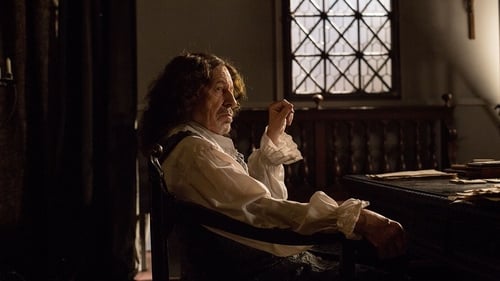
After being released on parole, a young traumatized prisoner needs to find his place in society. After being sentenced to several years in juvenile prison for negligent homicide, Paul is released on parole. Insecure and aimless, the introverted loner tries to regain his footing in the world outside. To reintegrate into society, he has been offered a temporary job as a night watchman at a local university until he finds a permanent training position. Paul spends his nights alone in the empty hallways and lecture halls of the university, longing to make friends. He is repeatedly haunted at night by traumatic memories and panic attacks. When Paul meets a group of students at a party, everything finally seems to improve. For the first time in a long time, Paul has the opportunity to make friends again and leave his old life behind. But the demons of his past do not let him rest.

Krebs
October 2018 was the four-hundredth anniversary of the outbreak of the Thirty Years' War. The documentary traces the story of how it was finally brought to an end with the peace of Munster and Osnabruck – the first peace in European history to be concluded at the negotiating table and not fought on the battlefield.

Leibniz
300 years before globalized communication and long before Facebook and Instagram, Leibniz had "friends" all over the world - more than 1,300 mail partners. For the cultural scientist Joseph Vogl from the Humboldt University in Berlin, Leibniz's way of working was something of an "information processing machine". Most of his estate is in Hanover, where Leibniz worked as a librarian and consultant at the Duke's court for 40 years. Leibniz has written so much in his life that so far only a part of the total of 200,000 pages has been recorded and published. It is expected that everything will be edited in 2055. Who was this Gottfried Wilhelm Leibniz who said of himself: "Whoever knows me only from my published writings does not know me"? The film searches for Leibniz as a person. The documentary portrays the genius Leibniz in his time and always brings him back to our present. Different people have their say, and their work would not be possible without Leibniz.


